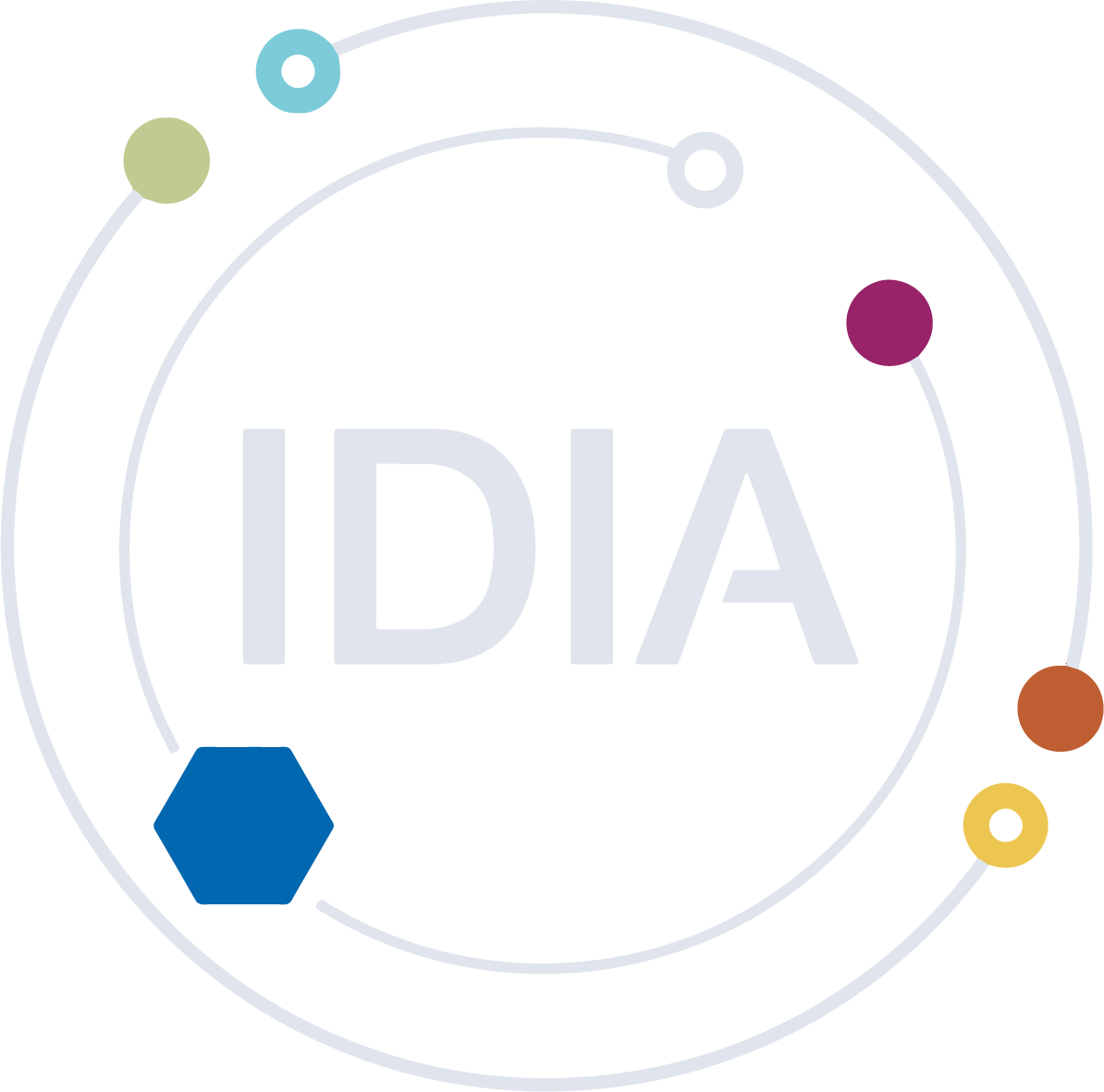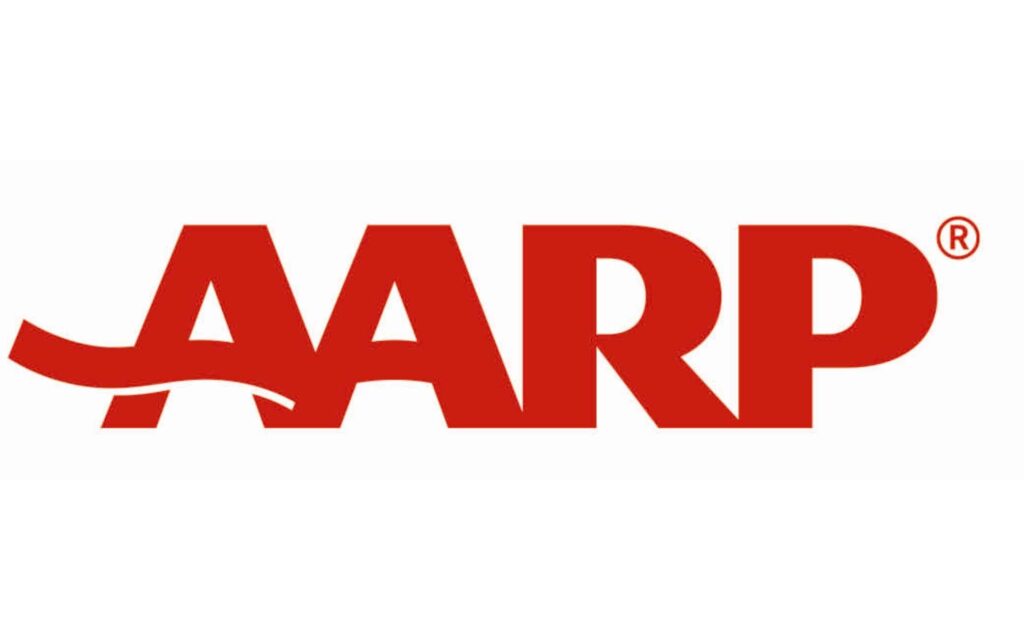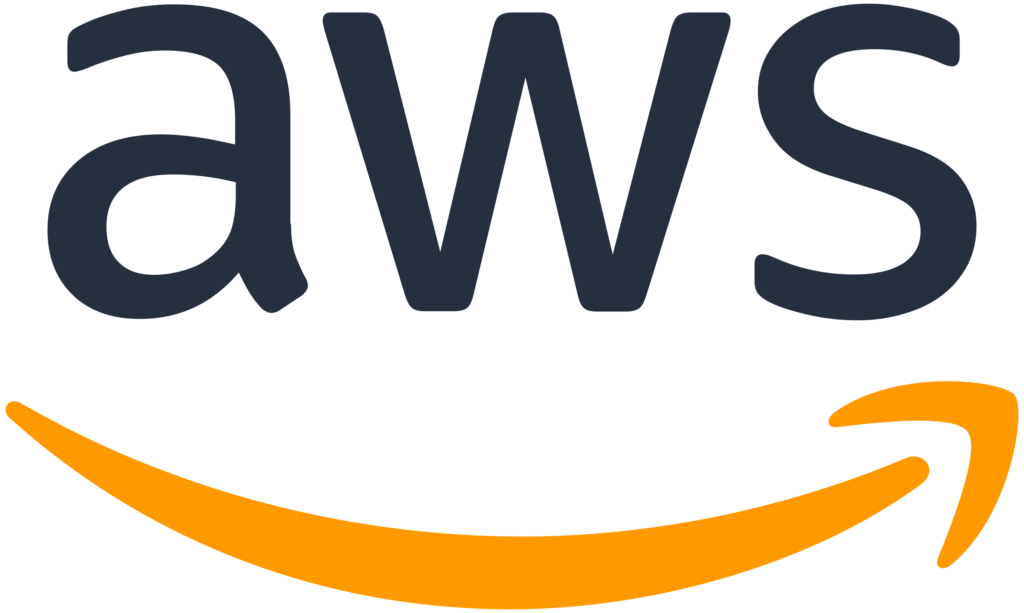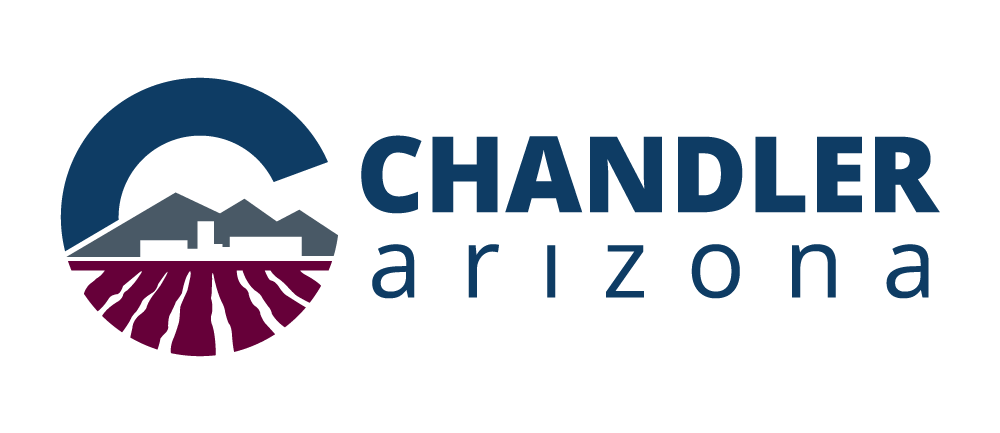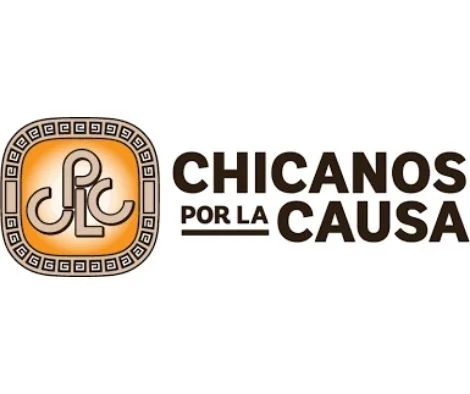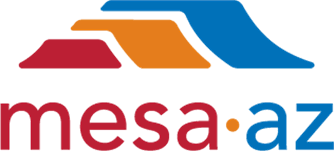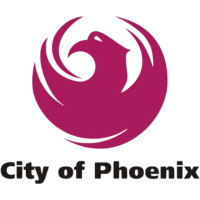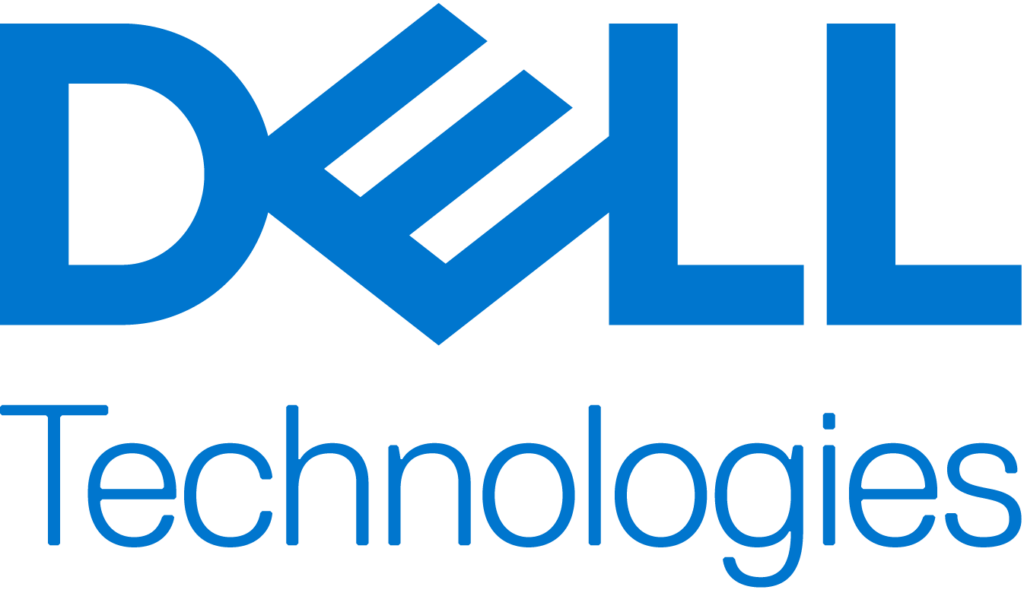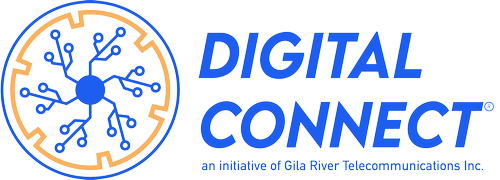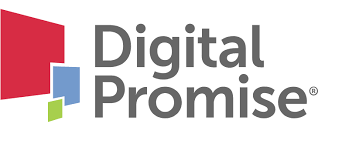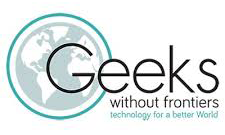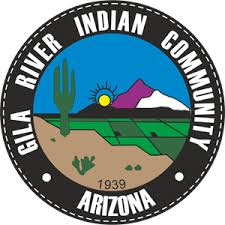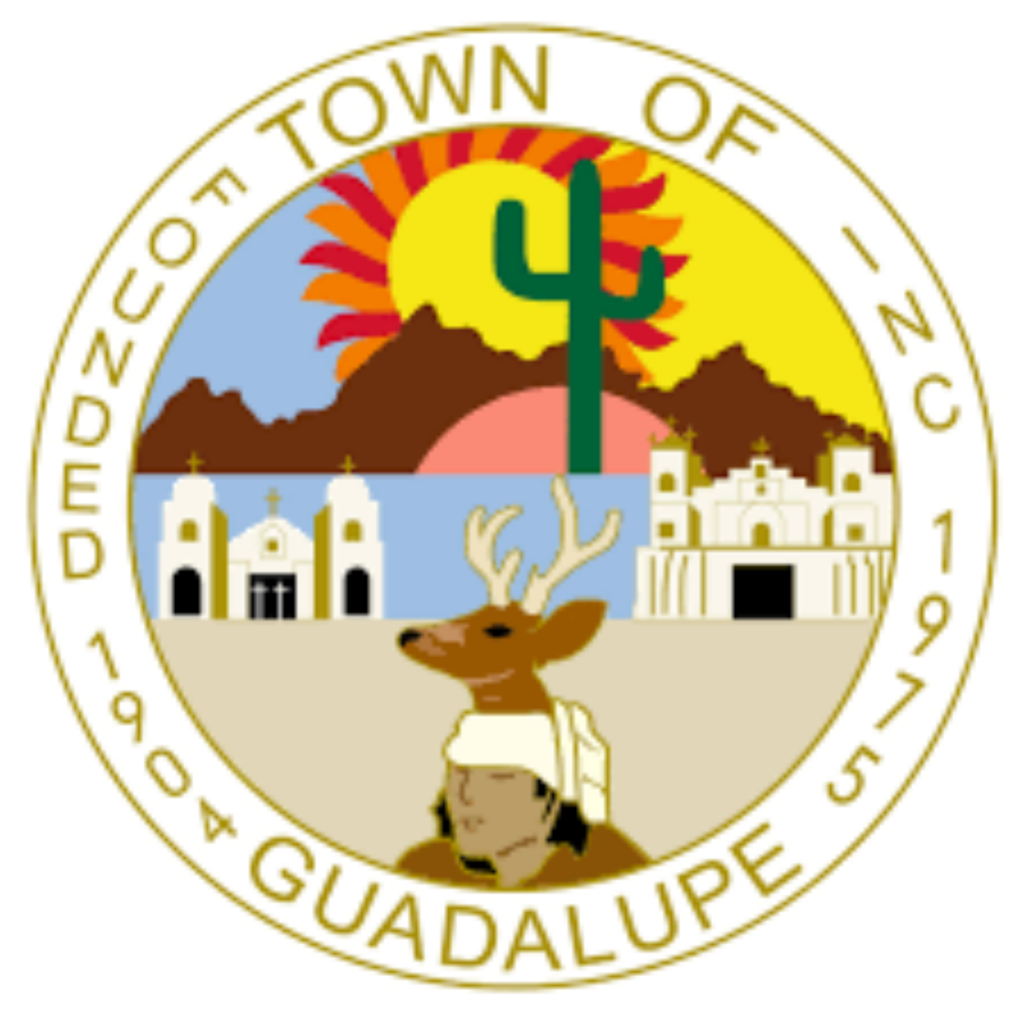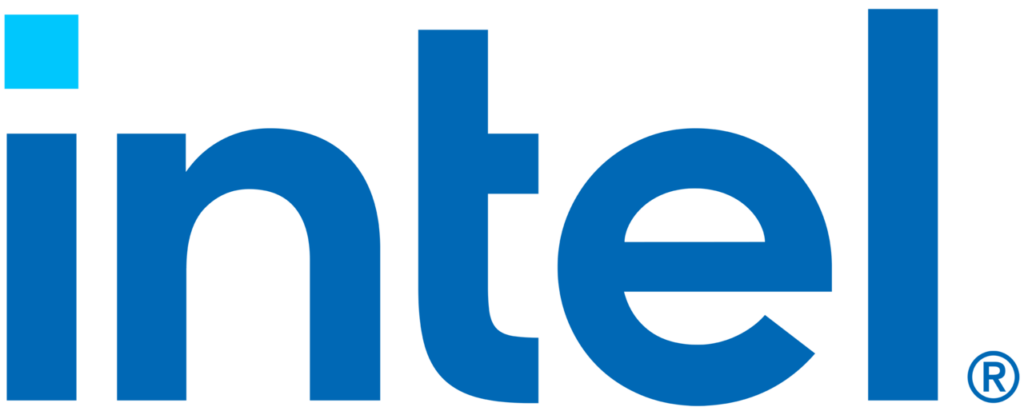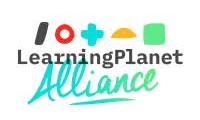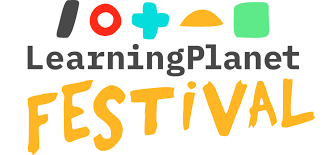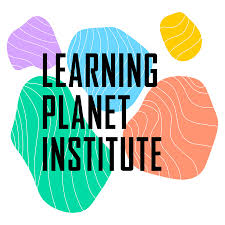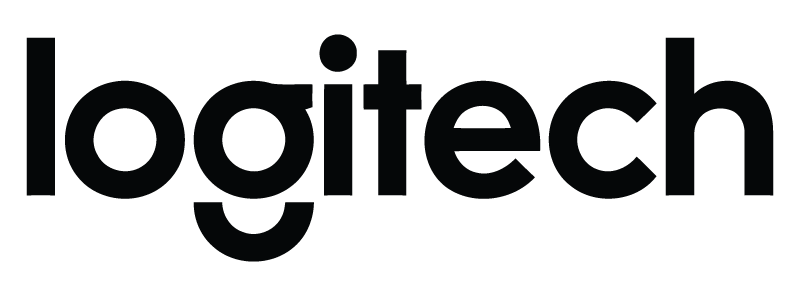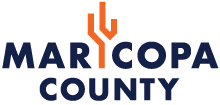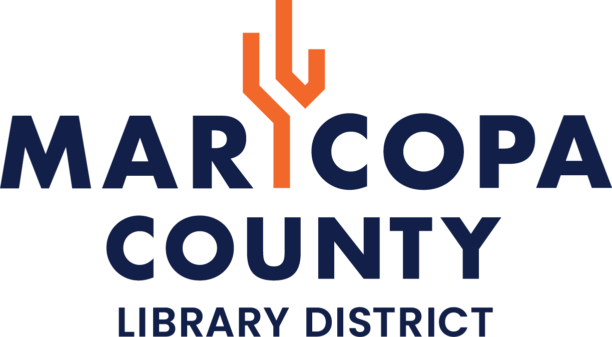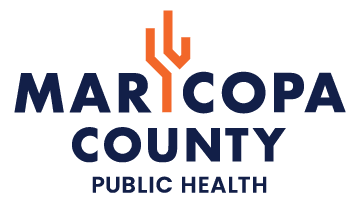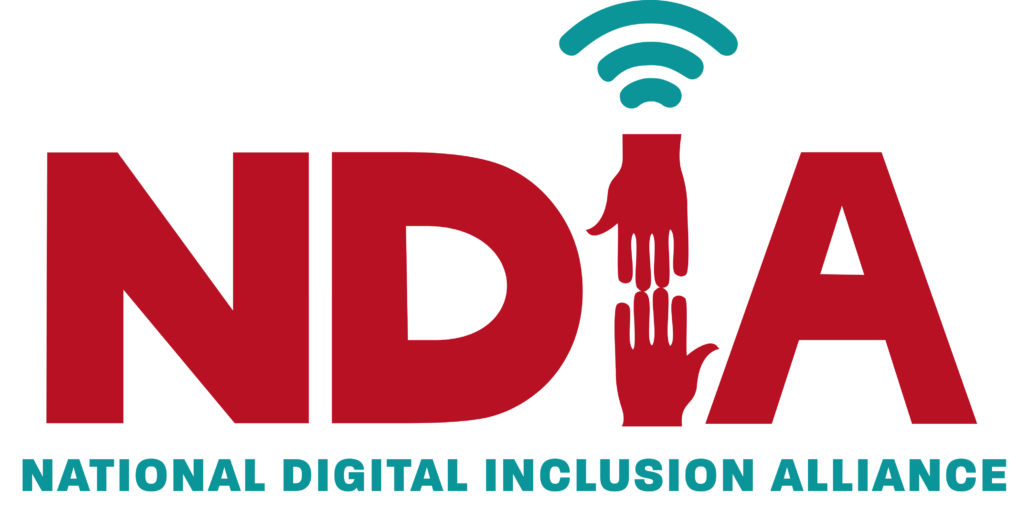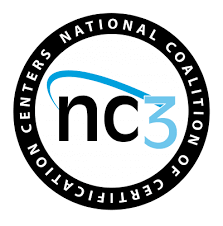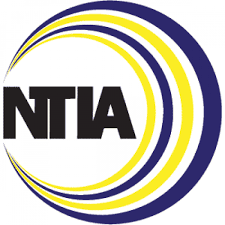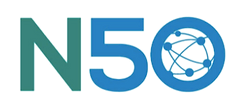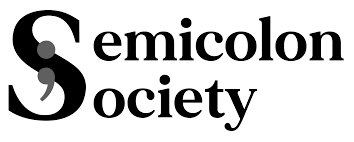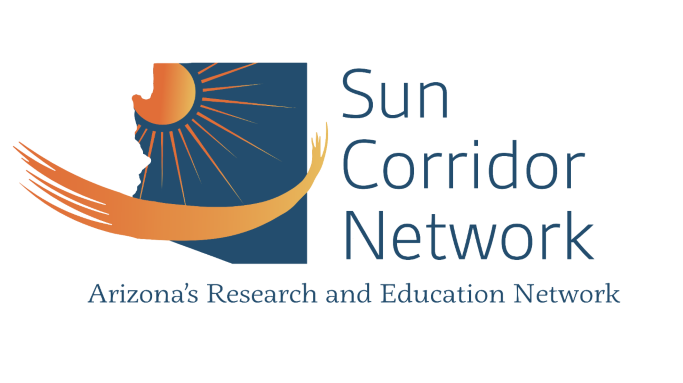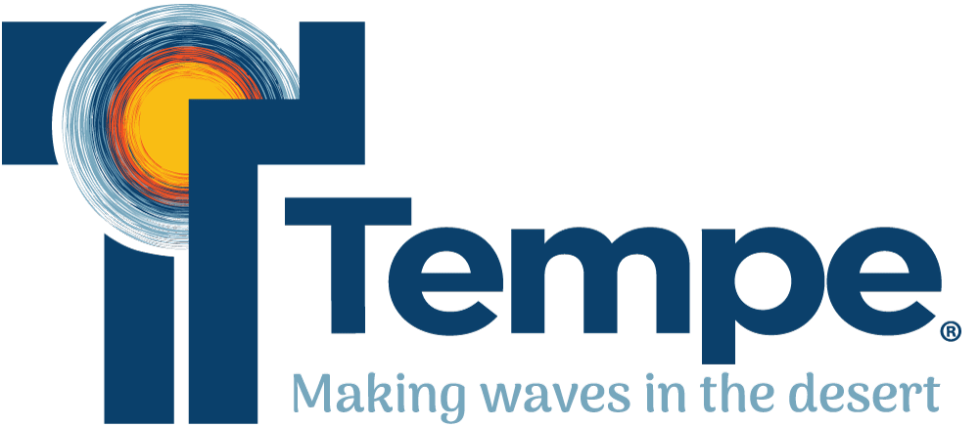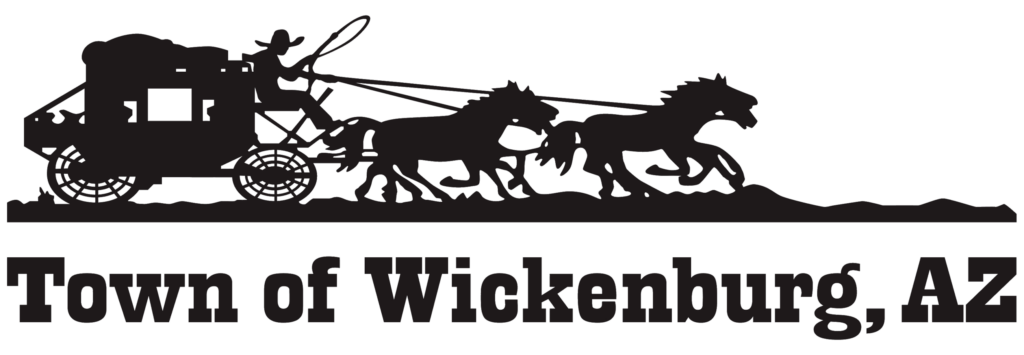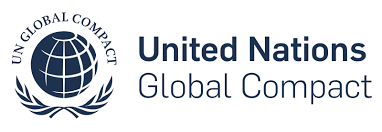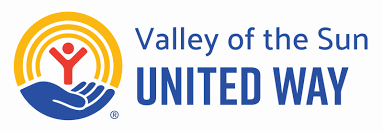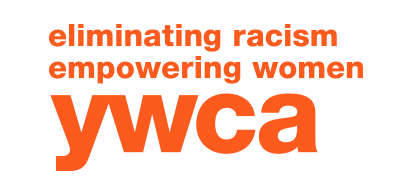ABOUT idia
INNOVATION THAT TRANSFORMS COMMUNITIES
ACCESS AND INFLUENCE tHE DIGTAL LANDSCAPE
IDIA is changing how people access technology. We help communities gain the skills, tools, and support they need to grow in today’s connected world.
By working with schools, job programs, and healthcare providers, we’re building a stronger digital future — starting now.
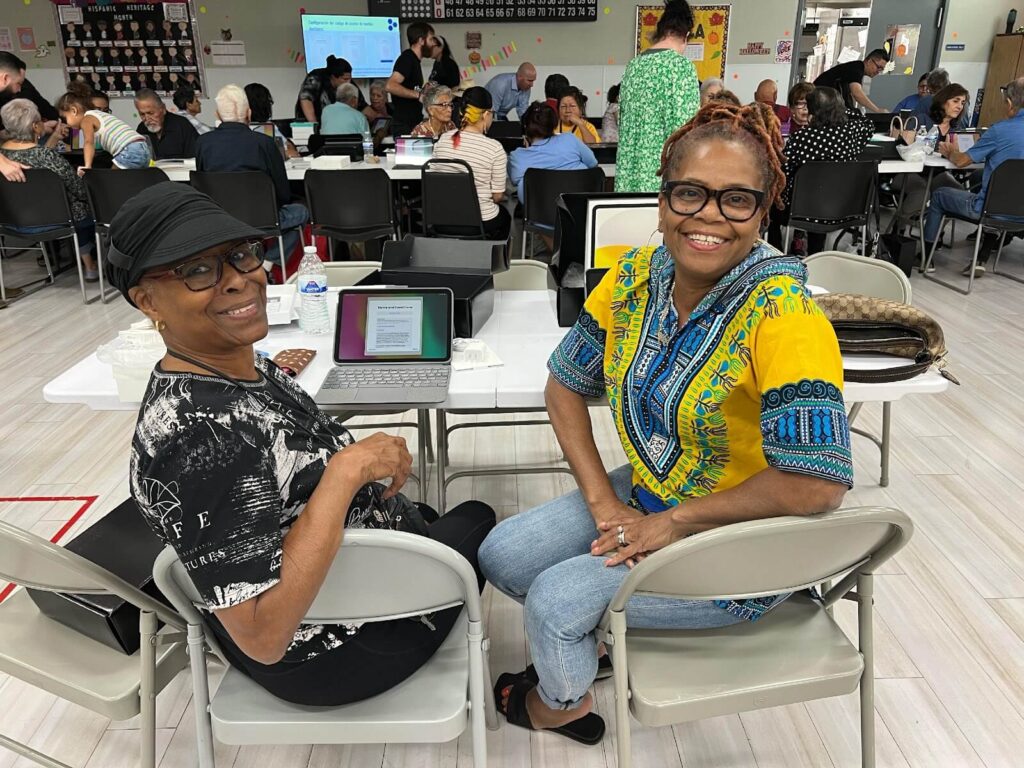
What is
digital inclusion?
Digital inclusion means everyone has what they need to use the internet and technology to fully take part in work, school, and daily life.
THe challenge
Most jobs now need digital skills, but one out of every three workers doesn’t have them. (National Skills Coalition)
This gap is even bigger in low-income and underserved communities, where people often have less access to training and tools.
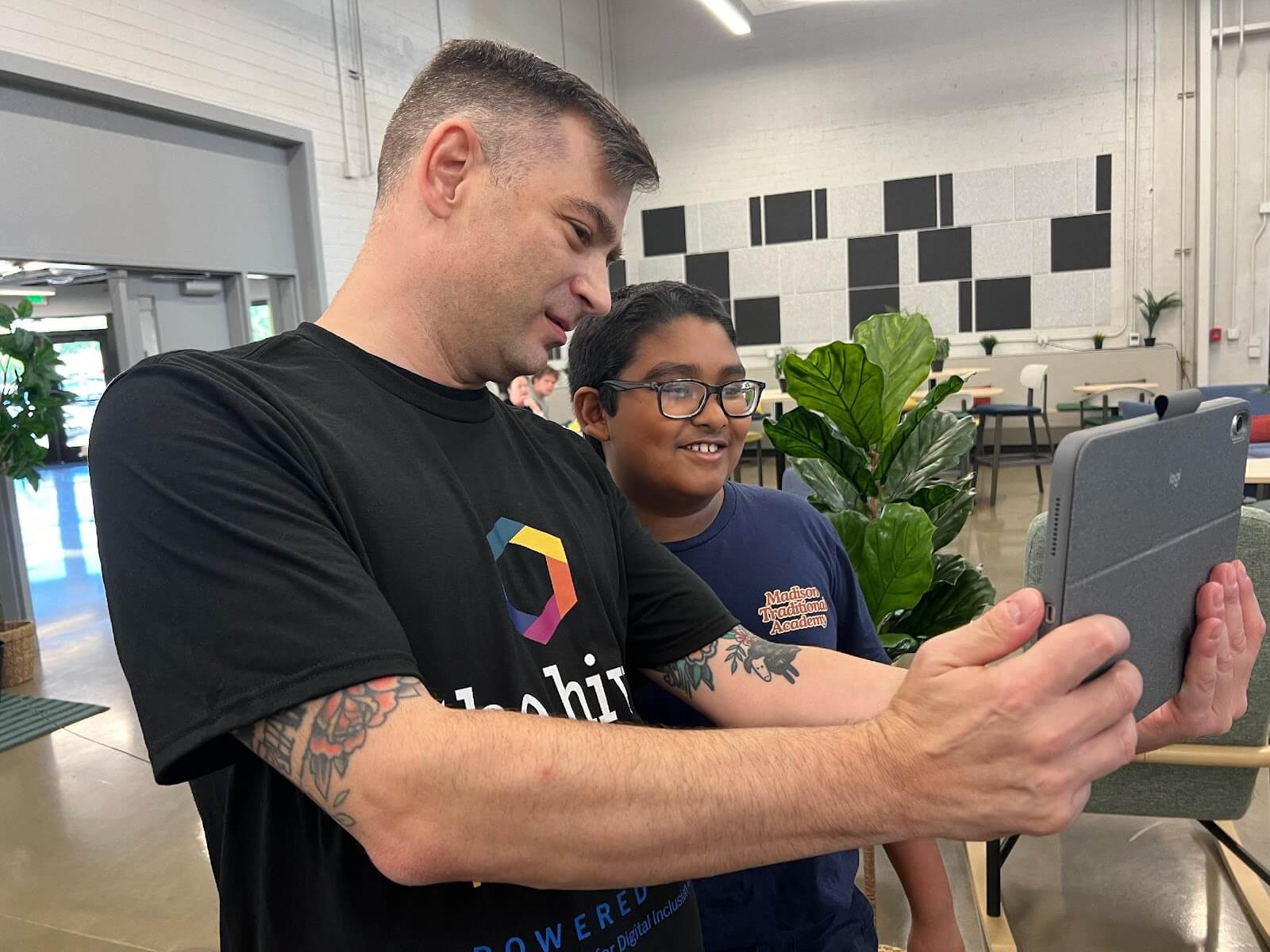
THE DIGITAL OPPORTUNITY GAP: AT A GLANCE
Barriers to digital success
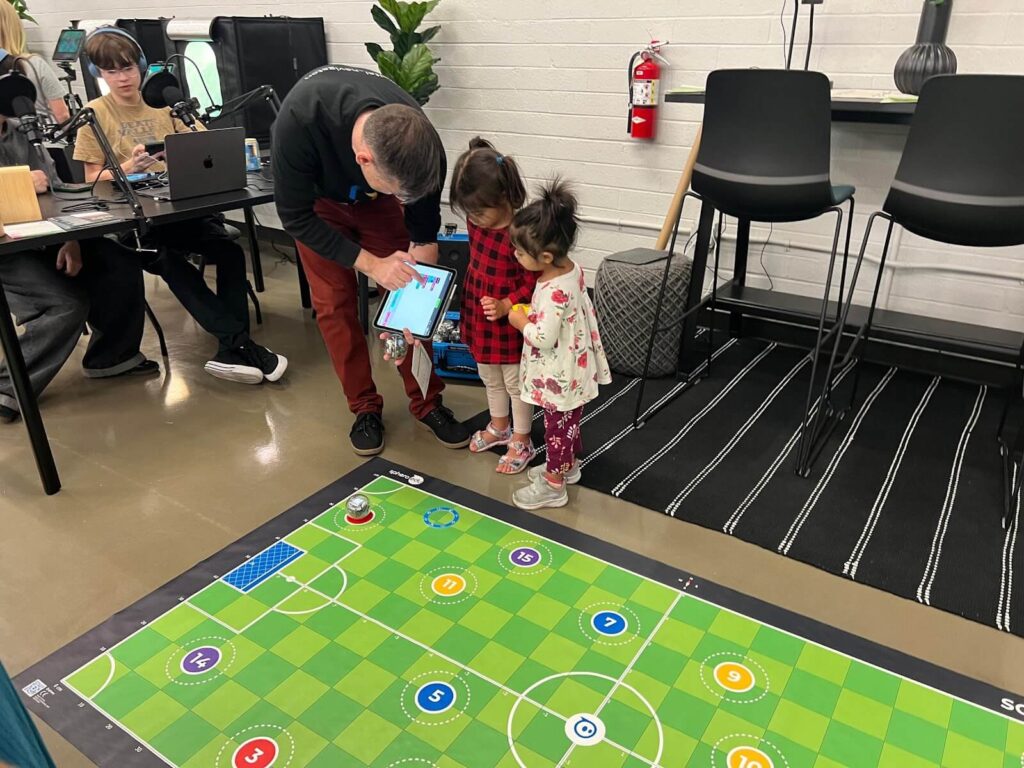
the future
Imagine a world where a zip code doesn't determine access to technology and information, where your ideas can flourish without the barriers of digital exclusion, and where each person’s talents are nurtured to their fullest potential.
That's the world we're co-creating, and we want you to be a part of it.
MEET THE TEAM
We are a passionate and dedicated team working together with partners to close the digital divide.
Erin Carr-Jordan, Ph.D.
President & CEO
Annissa Furr, Ph.D.
Head of Learning and Research
Stephanie Dreux
Head of Community Activation
Luis Morfin
Digital Navigator Manager
Josh Thompson, Ph.D.
Program Manager
+ a team of incredible Digital Navigators
experts and advisors
A team of dedicated humans lending us their expertise:
- Di Bowman, Ph. D.
- Derek Masseth
- Amy Sheon, Ph.D.
- Sharon Robinson-Kurpius, Ph.D.
- Heather Ross, Ph.D.
- Tim Lant, Ph.D.
- Michael Simeone, Ph.D.
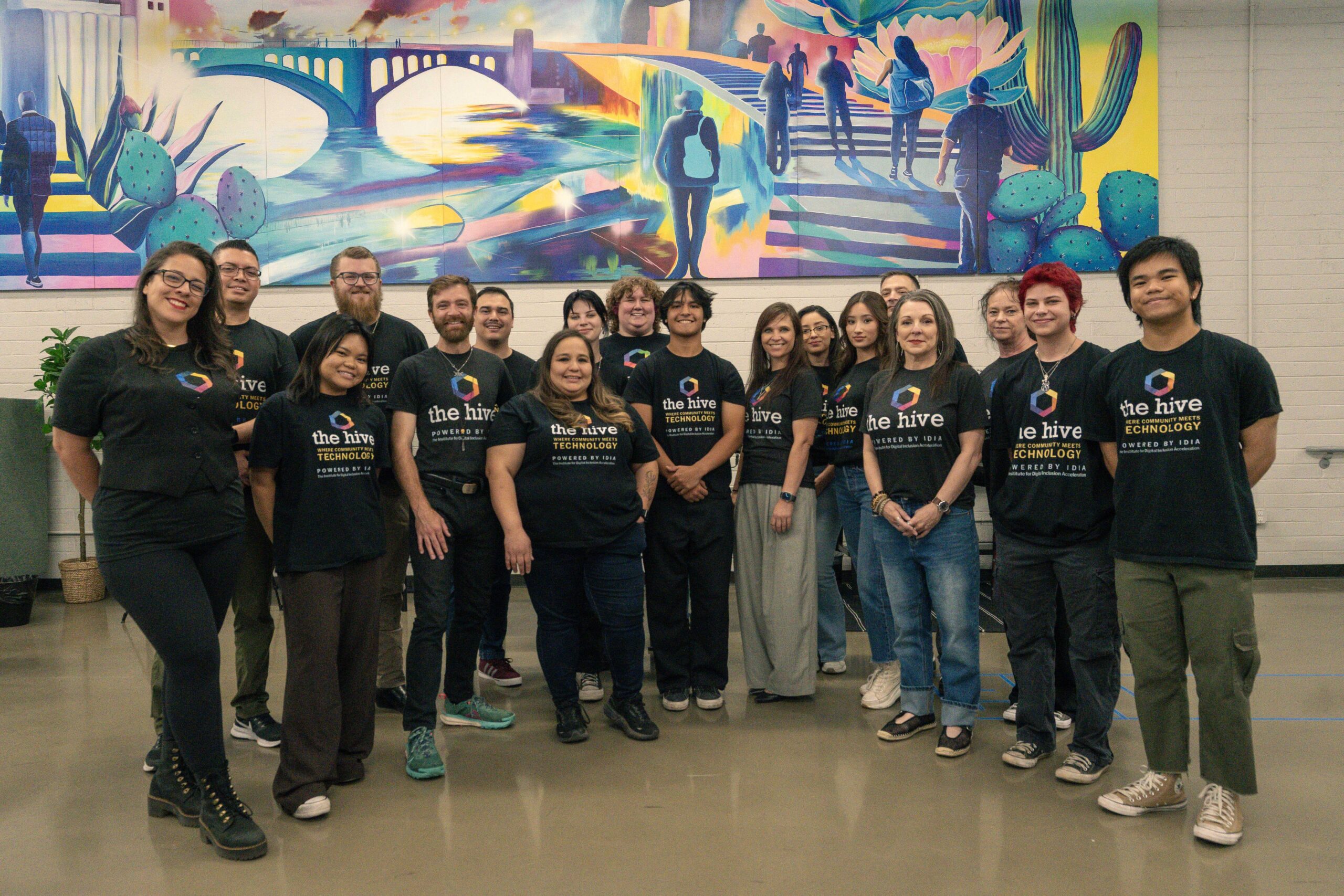
our Partners
Partnership is at the core of everything we do. Together, we are leveraging our collective superpowers to increase impact and the sustainability of programs.
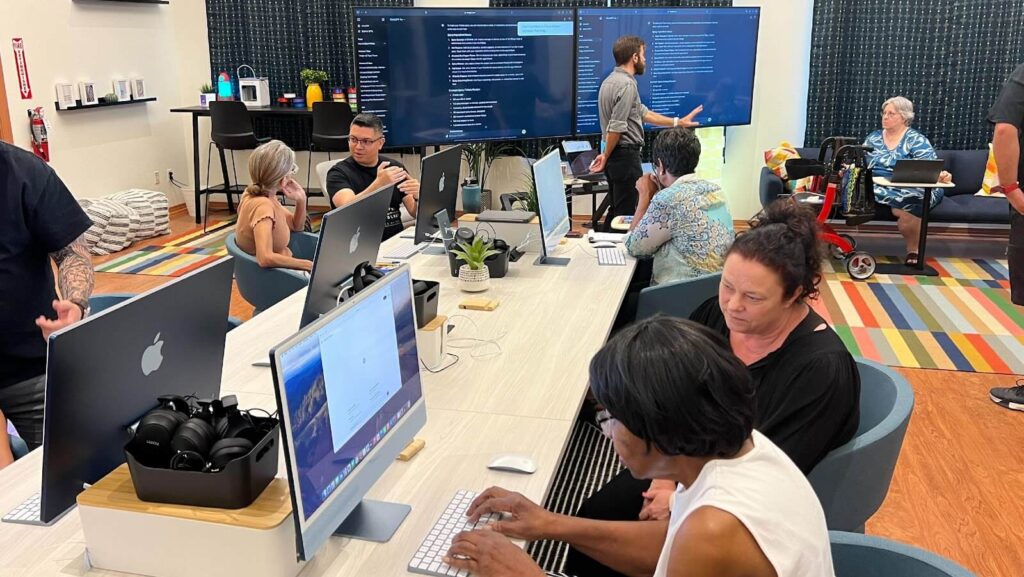
Interested in advancing digital inclusion
in your community?
IDIA offers a range of advisory, consulting, implementation, skill-building, and evaluation services.
